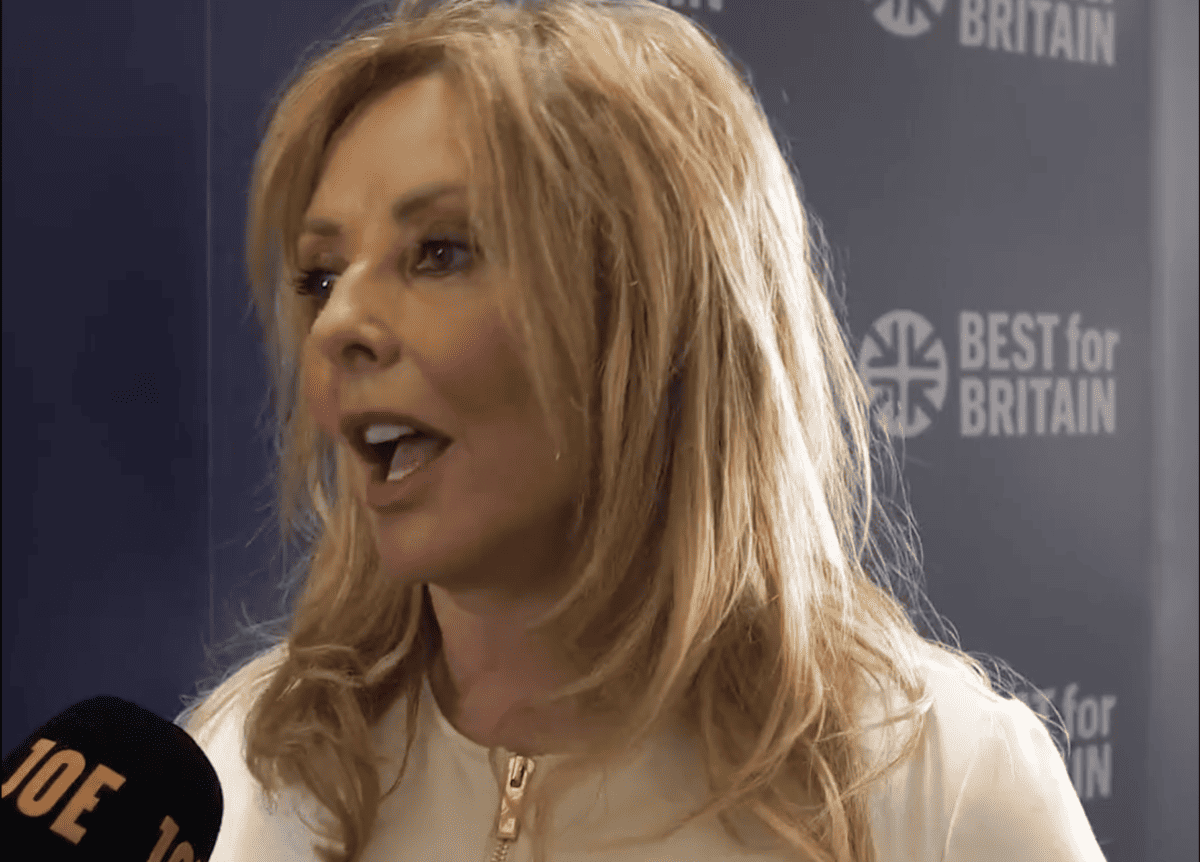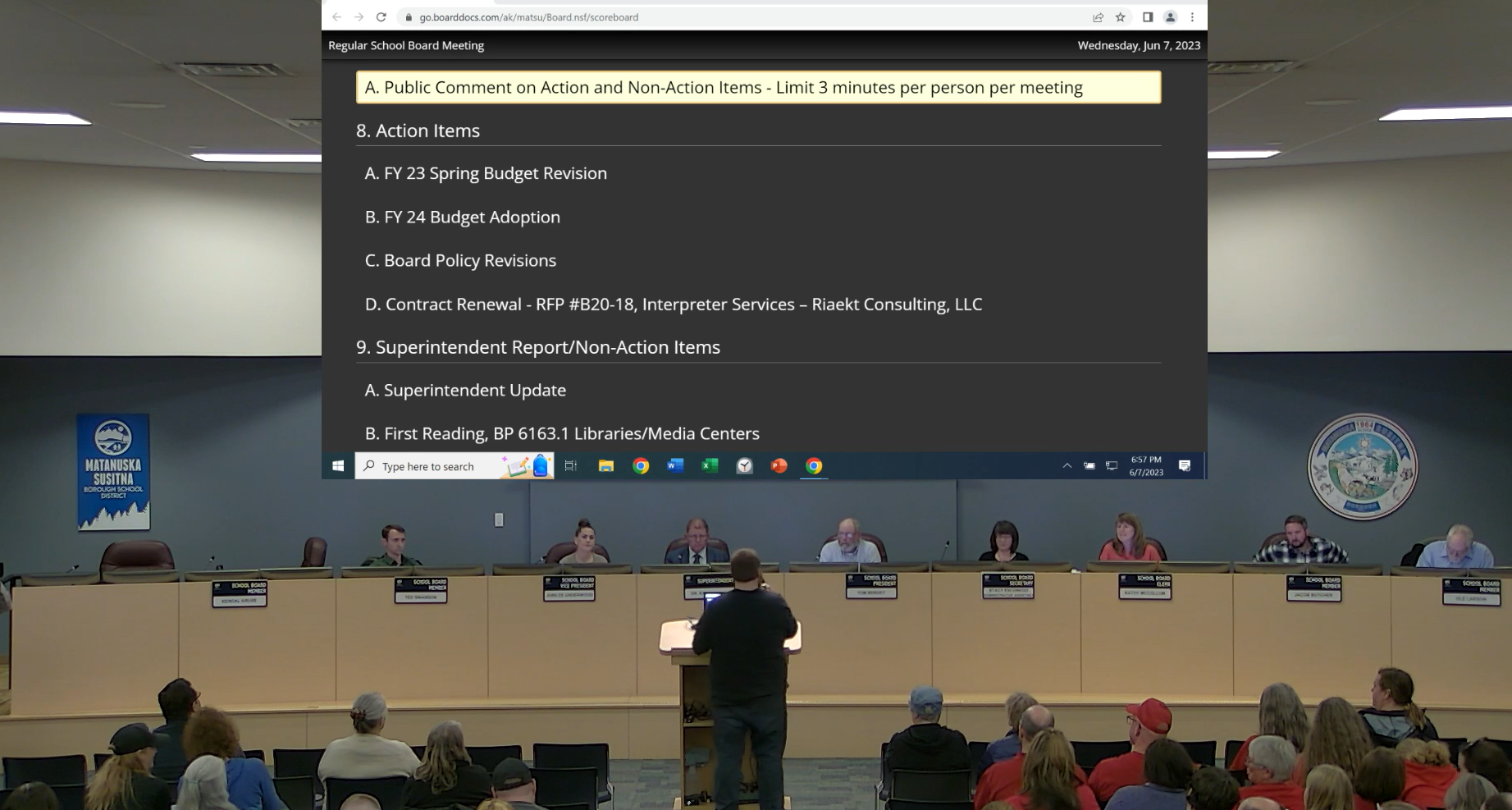The Venezuela Dancing Devils procession takes place to commemorate Corpus Christi, an annual celebration in the country.
10 JUN 2023








It’s possible that I shall make an ass of myself. But in that case one can always get out of it with a little dialectic. I have, of course, so worded my proposition as to be right either way (K.Marx, Letter to F.Engels on the Indian Mutiny)





FLASHBACK
Gay Issues, Schools, and The Right-wing Backlash
By Eric Rofes
RETHINKING SCHOOLS
Chasnoff and Cohen aren’t satisfied with the liberal compromise which kept gay issues pigeon-holed as the purview of high school teachers and health classes. They show that gay issues are ubiquitous in the lives of children from television talk shows and movies aimed at children, to playground slurs and hallway graffiti. They insist that the reality of children’s lives be confronted in classroom pedagogy.
Yet most educators gay, lesbian, bisexual, or heterosexual who are grappling with these issue do not teach in the large urban centers (New York and San Francisco) or liberal college towns (Cambridge or Madison) featured in It’s Elementary. They work in places like Salt Lake City, Utah, Elizabethtown, Penn., or Colorado Springs, Colo. Lesbian and gay issues play out very differently in these locations than they do in San Francisco or Madison. Consider:
In response to the formation of a gay-straight alliance to provide peer support to lesbian, gay, and bisexual youth at Salt Lake City’s East High School, the school board banned all student clubs and associations not formally tied to school curricula. Banished are groups ranging from hockey and mountain bike clubs, to Native American and Polynesian associations, to the school’s Key Club.
Inspired by a “pro-family” resolution drafted by Beverly LeHaye, president of Concerned Women of America, the school board of Elizabethtown, Penn., adopted a resolution condemning various family forms including single-parent families, extended families, and lesbian and gay families. Despite student walkouts and community-wide protests, the board has refused to reconsider its position. It recently proposed an expanded anti-gay policy stating that “the curriculum will not promote or encourage same-sex sexual relationships or orientation.” The board has received support from both Concerned Women of America and the Rutherford Institute, a far-right legal advocacy group.
In October, 1996, the Palmer High School newspaper included two student-initiated articles about gay issues, a front-page story on the trials facing lesbian and gay youth in a hostile culture, and an editorial supporting same-sex marriage. Immediately after publication, the local Christian right mounted a campaign demanding tighter controls on student publications. Colorado for Family Values, the group which initiated the state’s controversial anti-gay initiative (later declared unconstitutional by the U.S. Supreme Court), jumped into the fray. Their effort is focused on getting school boards to “promote abstinence, affirm traditional marriage, and discourage promiscuity … in every aspect of student life.”
Gay Issues, Schools, and The Right-wing Backlash - Rethinking Schools


The Matanuska-Susitna Borough School District School Board on Wednesday passed a pair of board policies aimed at transgender students and sex education by a 6-1 vote without much discussion among board members.
The policies require written parental permission before students can change their name or pronouns at school, require parents to opt their students into sex-ed classes and require school board approval of sex-ed curriculum.
The policies are similar to what was contained in Gov. Mike Dunleavy’s House Bill 105, called the parental rights in education bill. Melissa Wilkins has three children in the district and said she supports the policy revisions.
“We need to divorce health care from education so children have the best chance at economic equity,” Wilkins said. “To do that they need an education, not an ideology being pushed upon them.”
Most people who spoke to the school board, however, were against the parent permission policy which was introduced two weeks ago, but not discussed at all by the board.
Gage Saxton has two students in the district, and called out board members who supported the policies.
“We do not throw away established principles just because a small group of people call for the denial of other people’s rights when your job is to protect the rights and well-being for all those you serve,” Saxton said.
Ted Swanson was the lone board member to cast a “no” vote.
“I didn’t take an oath to defend the constitution of the United States of America, and serve in the military for five years to sit on a board, a local governing board, to limit the First Amendment rights, the Bill of Rights, the constitutional rights, of any individual,” Swanson said.
The Mat-Su was the first district to ban trans students using bathrooms and playing on sports teams that match their gender identity. It remains the only district in the state with such bans, but the Alaska Board of Education and Early Development recently approved a public comment period for a ban on trans athletes competing on sports teams that match their gender identity.
At Wednesday’s meeting the Mat-Su board also passed policies prohibiting activism from teachers and limiting school counselors to discussing academic matters only with students, except in the case of child abuse.
The next Mat-Su school board meeting is June 21, where the board will vote on a policy change that removes language describing libraries as safe, equitable and inclusive spaces.
